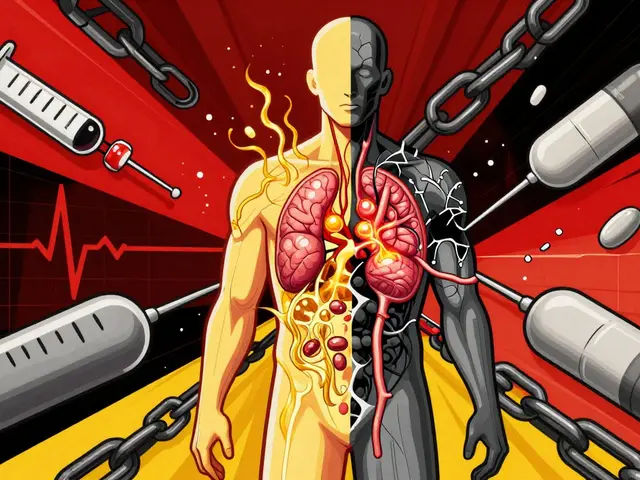Manufacturing: How Medicines Are Made and Kept Safe
Did you ever wonder what happens before a pill or vial reaches the pharmacy shelf? Manufacturing is where a drug goes from lab idea to real medicine. Good manufacturing means the product is effective, consistent, and safe — and there are simple things you can check as a buyer.
How drugs are made — a quick overview
Pharmaceutical manufacturing usually follows a few clear steps. First, the active ingredient is produced or sourced. That can be a chemical made in a plant or a biologic grown in cells. Next comes formulation: scientists mix the active ingredient with other substances so it becomes a pill, capsule, cream, or injectable.
After formulation, products move to production lines where tablets are pressed, liquids are filled into bottles, and injectables are aseptically processed. Packaging and labeling come next, and every batch gets tested in a lab for purity, strength, and stability. If any test fails, that batch is rejected or recalled.
For sterile products like injections, the process is stricter: cleanrooms, sterile equipment, and validated processes are a must. For generics, manufacturers must show their product matches the original drug in strength and performance. Biologics and biosimilars follow different rules because they’re made from living systems, so variability is handled differently.
Quality checks, regulation, and what matters to you
Regulators such as the FDA, EMA, and local agencies inspect factories and review records. They enforce Good Manufacturing Practice (GMP) — a set of rules that covers staff training, equipment maintenance, cleanliness, and documentation. GMP isn’t optional; it’s the baseline for safe medicines.
Quality control labs test every batch for identity, potency, and contaminants. Stability studies tell how long a product stays good under different temperatures and humidity. Manufacturers also keep batch records so regulators can trace any problem back to a specific run.
Not all suppliers are equal. Compounding pharmacies make custom doses for patients but follow different standards, and some online sellers ship products from regions with looser controls. That’s why knowing the manufacturer and approvals matters.
Want quick tips before buying medication online or in person? Check the product label for manufacturer name, lot number, and expiry date. Verify approvals or registration with your national regulator. Avoid prices that look too good to be true — extreme discounts can mean counterfeit or substandard goods. If packaging looks tampered with or labeling is poor, don’t use it. When in doubt, ask a pharmacist to confirm the product and manufacturer.
Manufacturing decides whether a medicine works the way it should. Knowing the basics helps you spot red flags and pick safer options. If a product or seller raises concerns, pause and verify — your health is worth that extra check.

The use of calcium carbonate in the production of batteries
As a blogger researching the latest advancements in battery technology, I recently discovered the significant role calcium carbonate plays in the production of batteries. Calcium carbonate serves as a crucial component in the manufacturing process, contributing to improved performance and increased energy storage capacity. It also aids in reducing the overall cost of production, making batteries more affordable for consumers. Additionally, calcium carbonate's eco-friendly nature makes it a sustainable choice in the quest for developing cleaner energy sources. Overall, calcium carbonate is revolutionizing the battery industry, paving the way for a greener and more efficient future.
read more




